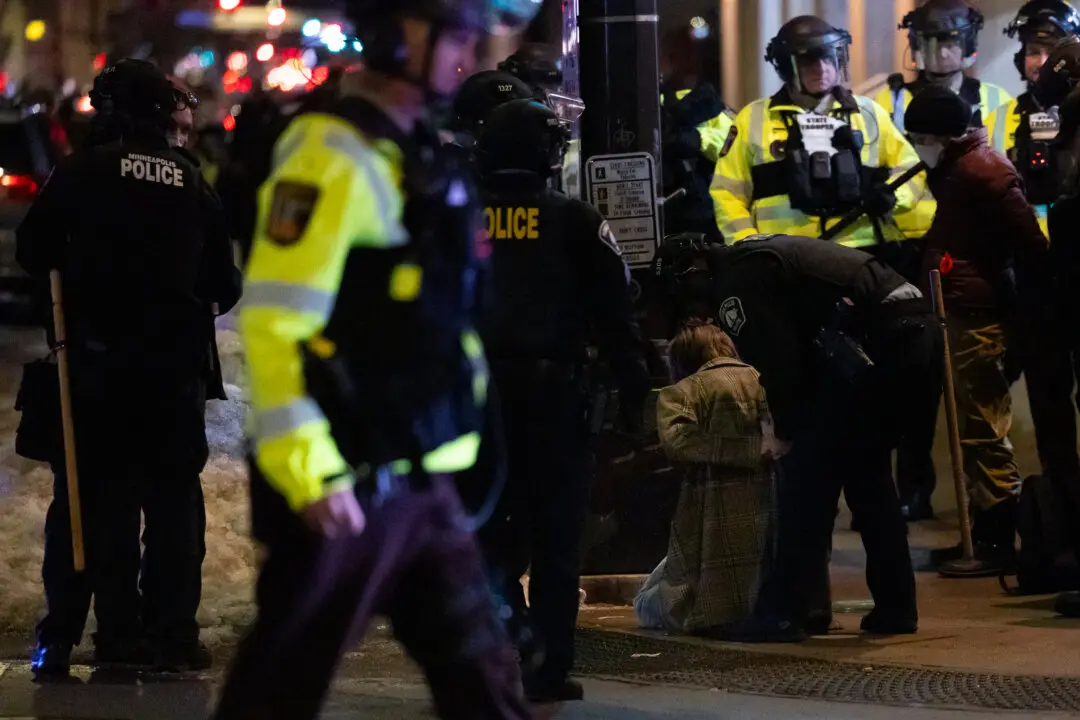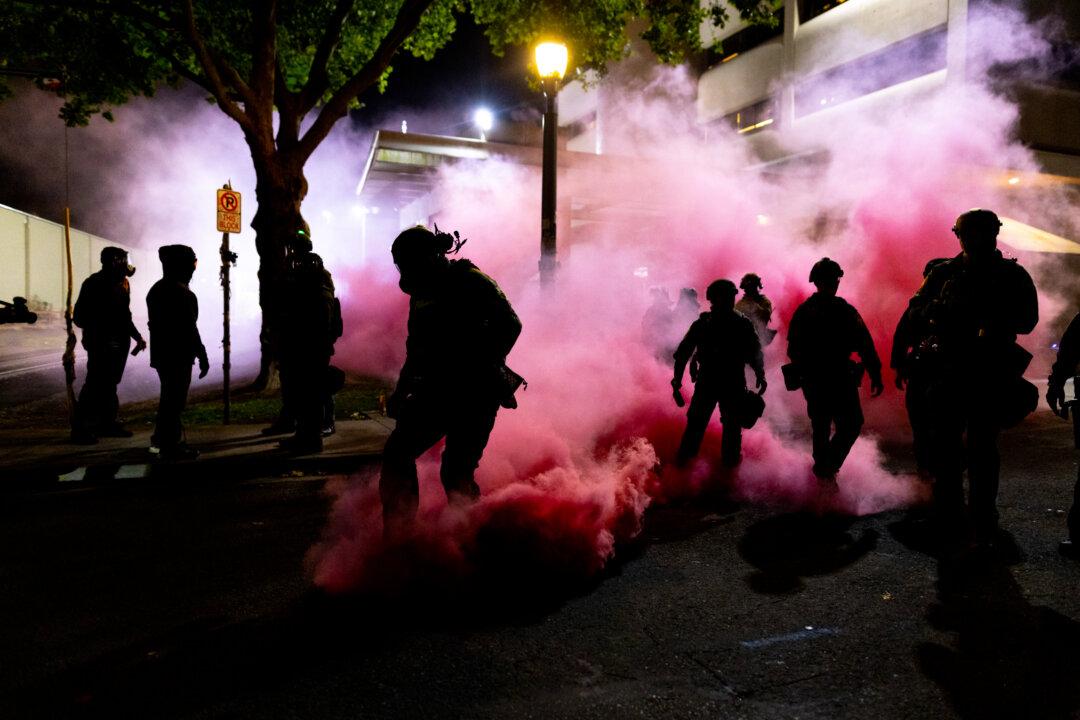“I was sent to prison before puberty even hit my life,” Htey Win, 62, of Baldwin Park, California, told The Epoch Times. “And it was the most infamous prison in all of Burma.”
In 1974, Win, who was barely 15 years old, was sent to Insein Prison in the city of Yangon, Burma (also called Myanmar), after she was arrested by the Burmese Army for speaking against inefficacies in the government during a strike that she attended.




